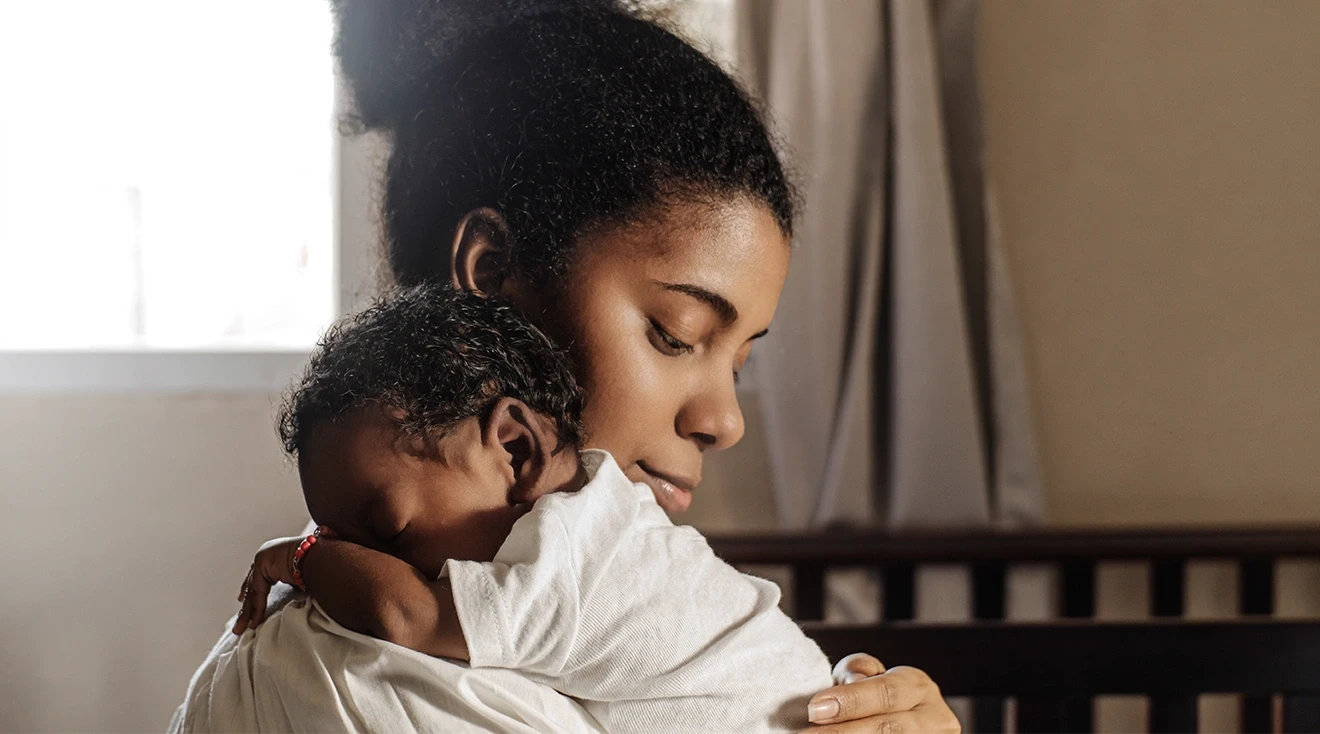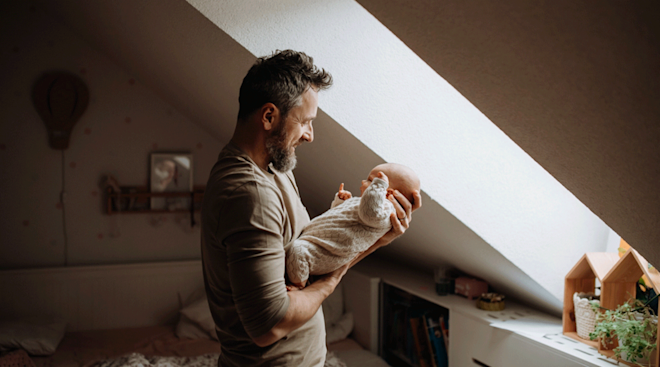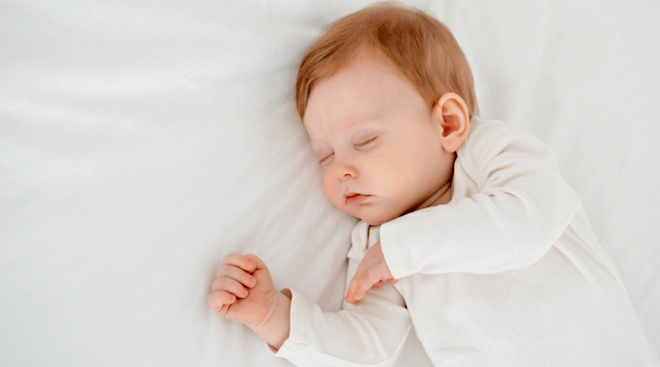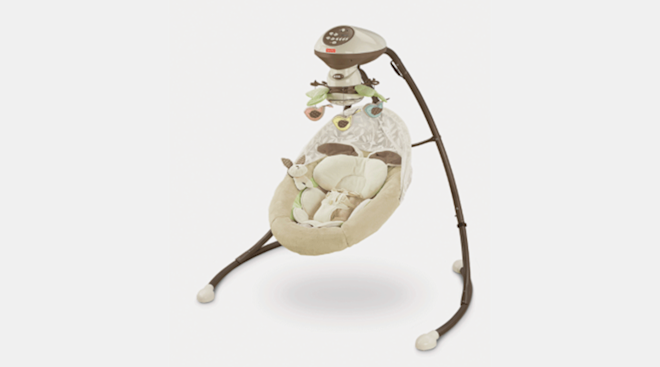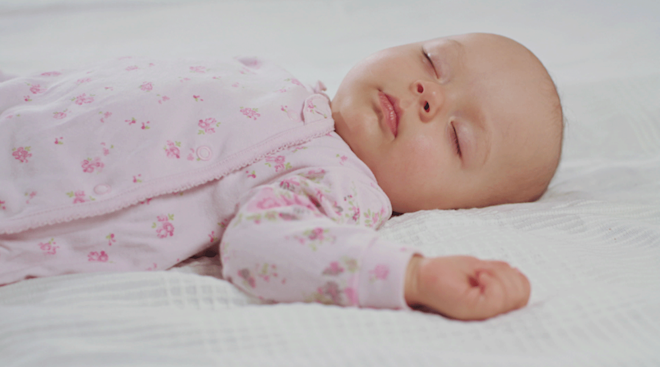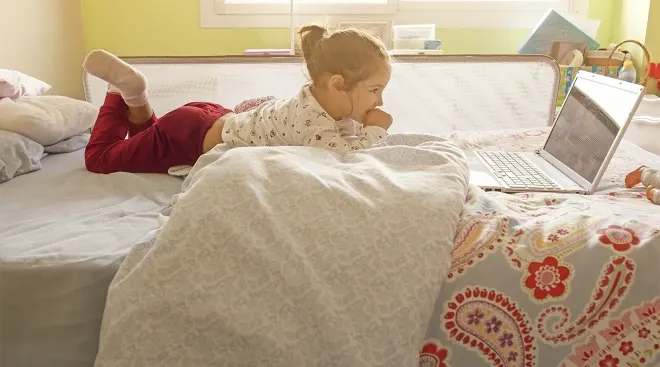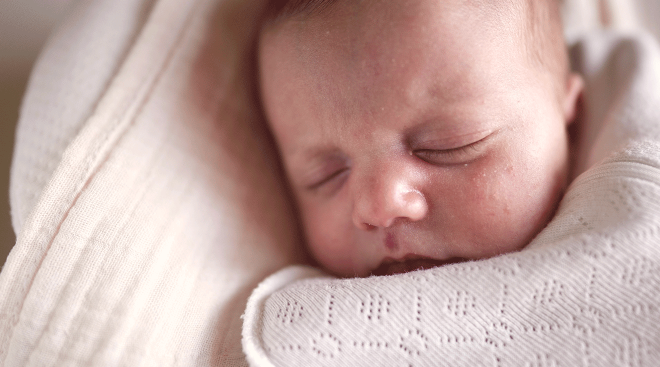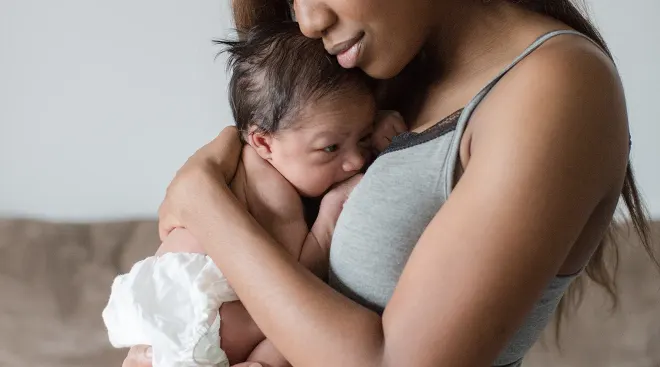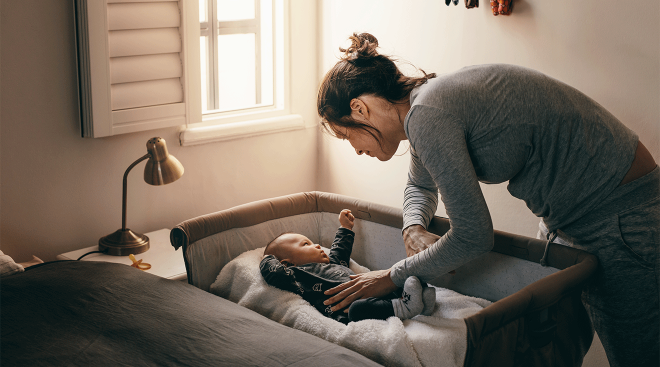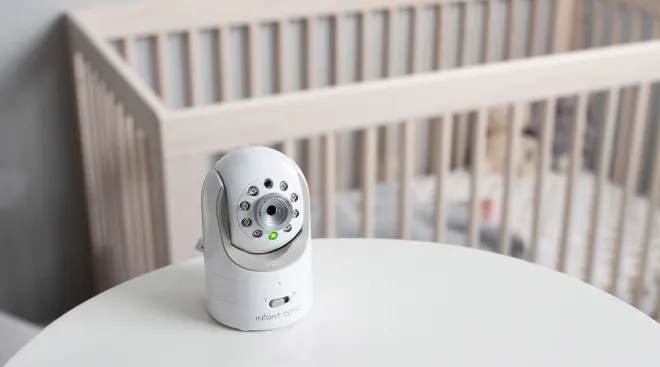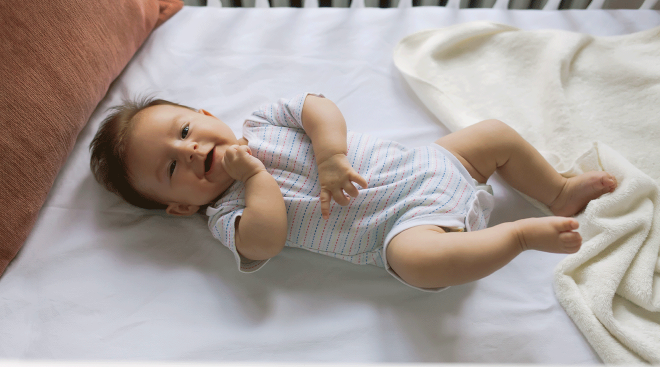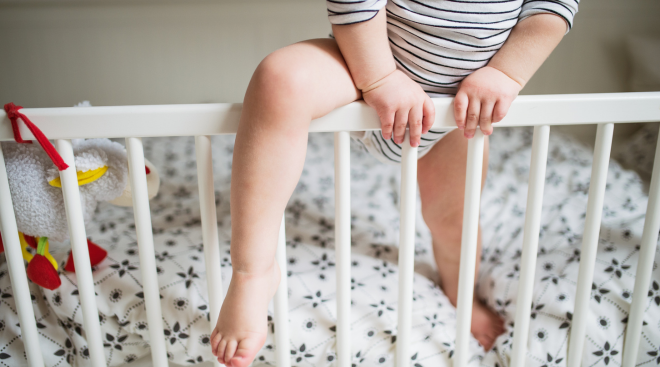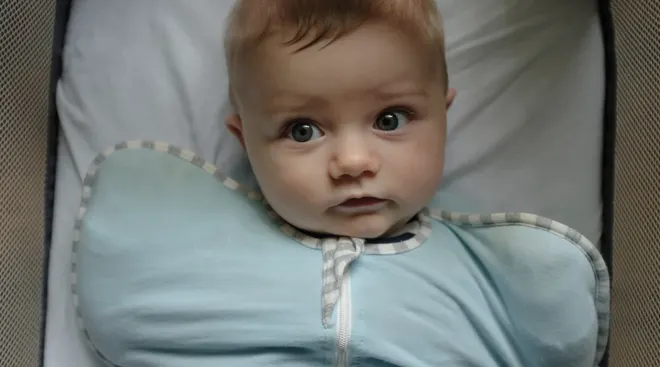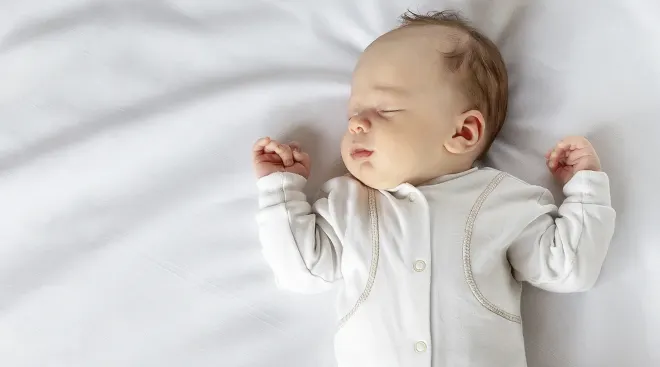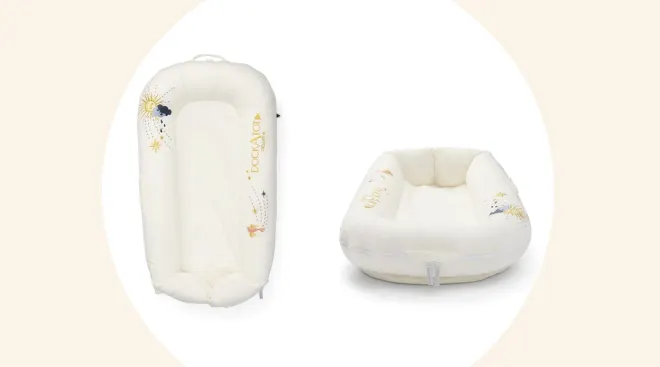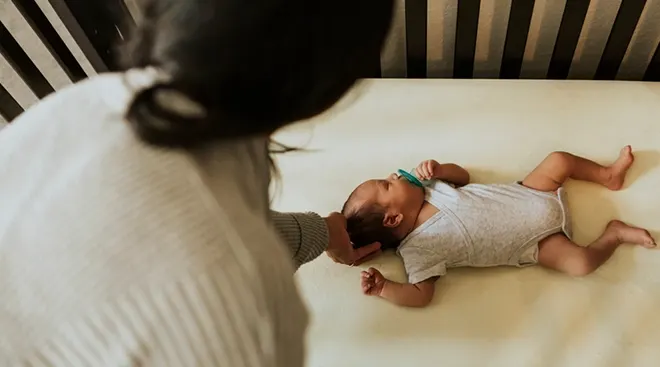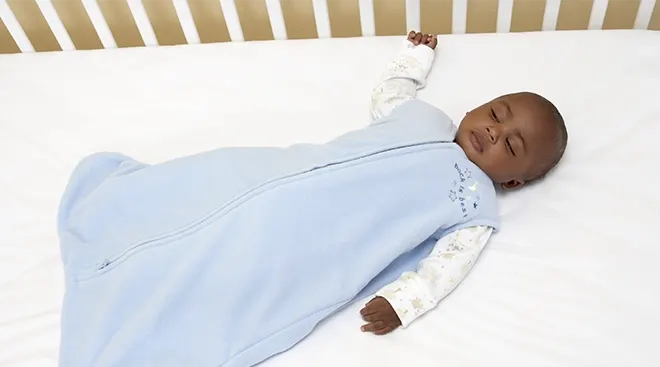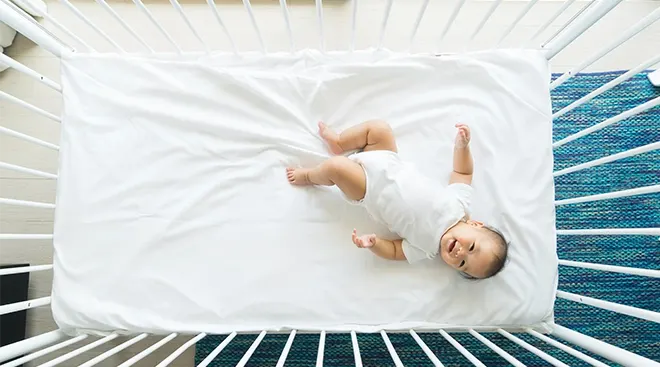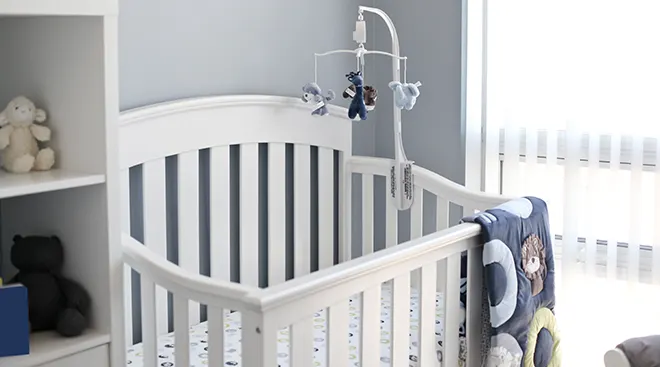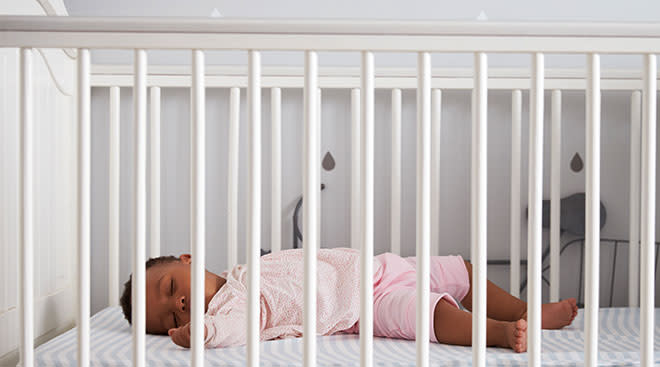Federal Study Finds Increase in SUID Rates Among Black Babies
Disparities in Black maternal and infant health have long existed, but a new federal study reveals that Black babies experienced a spike in sudden unexpected deaths (SUID) in 2020, suffering fatalities at almost three times the rate of white babies.
According to the study, infant mortality rates were highest among Black infants (at 214 fatalities per 100,000 live births) in 2020, followed by American Indian or Alaskan Native infants (at 205 fatalities per 100,000 live births), and nearly three times the rate for white infants (75.6 fatalities per 100,000 live births).
While scientists were unable to determine why the SUID rate increased the most among Black babies, they believe it may have to do with the arrival of the coronavirus pandemic, which disproportionately affected the health and wealth of Black communities. The researchers point out that the pandemic exacerbated crowded housing, lack of childcare and limited access to healthcare, particularly among Black families. This may have led to less safe sleeping practices, such as bed-sharing, an increase in altered childcare and an increase in emotional and health stressors on families. However, the study says more research is needed to determine the exact systemic and societal causes of this spike in SUID for Black children.
The study also noted that, while there was a 15 percent increase in SIDS across all races from 2019 to 2020, the overall SUID rate across all races did not significantly increase. Plus, there was still a record-low US infant mortality rate in 2020. According to The Washington Post, in recent years, some medical examiners and coroners have opted to use the broader term SUID, rather than SIDS, when reporting infant mortality cases. Study authors say this disparity in terminology is largely the root cause for the increase in SIDS cases.
For reference, SIDS (or sudden infant death syndrome) refers to the sudden fatality of an infant under the age of 1 (usually during sleep and for unknown reasons), SUID refers to the sudden and unexpected infant deaths caused by suffocation, entrapment, SIDS or other unknown causes. The distinction can be tough to make, the American Academy of Pediatrics notes, but, about half of SUID deaths are SIDS deaths. In an effort to minimize inconsistencies related to this change in classification, researchers for this study used SUID rates to examine racial disparities.
SIDS and SUID is something no parent wants to think about, and it’s heartbreaking to know it disproportionately affects Black children. While researchers don’t yet know the exact causes, they do emphasize the use of safe infant sleep practices across the board. The AAP reminds parents that the safest way for baby to sleep is on their backs, on a flat surface with no soft bedding or crib bumpers. They also encourage room-sharing but discourage the practice of bed-sharing. For more information on safe infant sleep practices, visit AAP.org.
It’s no secret that more needs to be done to ensure the health of Black mothers and their children. To learn more about how to help make a difference in the infant and maternal health crisis for Black families, check out these resources.
Please note: The Bump and the materials and information it contains are not intended to, and do not constitute, medical or other health advice or diagnosis and should not be used as such. You should always consult with a qualified physician or health professional about your specific circumstances.
Navigate forward to interact with the calendar and select a date. Press the question mark key to get the keyboard shortcuts for changing dates.

































